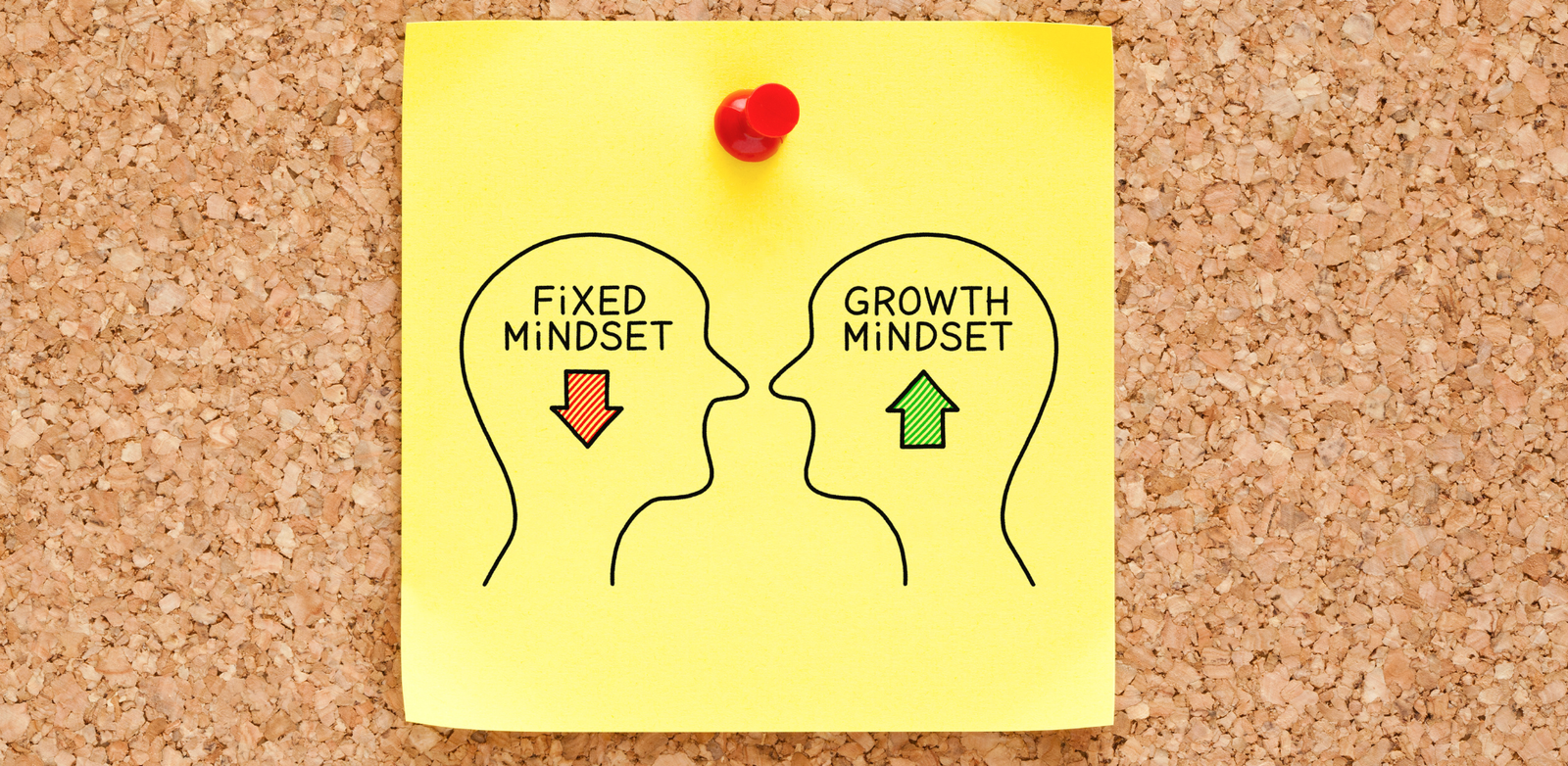Have you ever felt like you weren’t smart enough or talented enough to achieve your goals?
Or have you ever felt like you were stuck in a rut, unable to progress in your personal or professional life?
These feelings are common, and they are often the result of a fixed mindset.
A fixed mindset is a belief that your abilities and talents are fixed traits that cannot be changed. People with a fixed mindset often avoid challenges and give up easily because they believe that failure is a reflection of their abilities.
On the other hand, a growth mindset is a belief that your abilities can be developed through hard work, perseverance, and learning from mistakes. People with a growth mindset embrace challenges and persist through obstacles because they see failure as an opportunity to learn and improve.
In this article, we’ll explore the power of a growth mindset and how you can overcome a fixed mindset to achieve your goals.

Understanding the Difference between a Fixed and Growth Mindset
A fixed mindset is based on the belief that your abilities are predetermined and cannot be changed. People with a fixed mindset tend to avoid challenges and give up easily when faced with obstacles because they believe that failure is a reflection of their abilities. They often seek validation from others and are afraid of making mistakes or looking foolish.
In contrast, a growth mindset is based on the belief that your abilities can be developed through hard work, perseverance, and learning from mistakes. People with a growth mindset embrace challenges and persist through obstacles because they see failure as an opportunity to learn and improve. They are more resilient, motivated, and open to new experiences.
The Benefits of a Growth Mindset
Developing a growth mindset can have a profound impact on your personal and professional growth.
Here are just a few of the benefits of a growth mindset:
- Increased resilience: People with a growth mindset are better equipped to handle setbacks and bounce back from failures.
- Improved performance: A growth mindset encourages you to embrace challenges, seek feedback, and persist in the face of obstacles, which can lead to improved performance in all areas of your life.
- Greater creativity and innovation: A growth mindset allows you to see problems as opportunities and encourages you to think outside the box, which can lead to greater creativity and innovation.
- Stronger relationships: People with a growth mindset are more open to feedback and more willing to learn from others, which can lead to stronger relationships and more effective collaboration.
How to Develop a Growth Mindset
If you currently have a fixed mindset, don’t worry – you can develop a growth mindset with practice and dedication.
Here are some ways in which you can cultivate a growth mindset:
- Embrace challenges: Rather than avoiding challenges, seek them out as opportunities to learn and grow. Challenge yourself to try new things and step out of your comfort zone.
- Learn from failure: Instead of seeing failure as a reflection of your abilities, view it as an opportunity to learn and improve. Reflect on what went wrong and what you can do differently next time.
- Focus on effort and progress: Rather than focusing on the outcome, focus on the effort and progress you are making. Celebrate small wins and use them as motivation to keep going.
- Practice self-compassion: Be kind to yourself and acknowledge that learning and growth are a process. Don’t beat yourself up over mistakes or setbacks.
- Surround yourself with positive influences: Surround yourself with people who encourage and support your growth mindset. Seek out mentors, coaches, and peers who can provide constructive feedback and help you stay motivated.
How to overcome a Fixed Mindset
Overcoming a fixed mindset requires recognizing the limiting beliefs and thought patterns that hold you back. Here are some strategies to help you break free from a fixed mindset:
- Identify your fixed mindset triggers: Pay attention to the situations or circumstances that trigger your fixed mindset. For example, do you feel anxious when faced with a new challenge? Do you give up easily when things don’t go according to plan?
- Challenge your beliefs: Once you’ve identified your fixed mindset triggers, challenge your beliefs. Ask yourself, “Is this belief true? Is it helpful?” Try to reframe your thoughts in a more growth-oriented way.
- Practice self-awareness: Cultivate self-awareness by reflecting on your thoughts, feelings, and behaviors. Notice when you are thinking in a fixed mindset and challenge yourself to think differently.
- Use positive self-talk: Use positive self-talk to reinforce a growth mindset. Instead of saying, “I’m not good at this,” say, “I’m not good at this yet, but I can learn and improve with practice.”
- Set realistic goals: Setting realistic goals can help you avoid the feelings of failure and inadequacy that can come with a fixed mindset. Break big goals into smaller, more manageable ones and celebrate each step along the way.
Final thoughts
Developing a growth mindset can be a powerful tool for personal and professional growth, but it requires time, effort and a willingness to challenge your beliefs and thought patterns.
By embracing challenges, learning from failure, nurturing a love of learning, practicing self-awareness, and seeking feedback, you can overcome a fixed mindset and unlock your full potential.
Remember, growth and success are a lifelong journey, and are not predetermined – they are the result of hard work, perseverance, and dedication, and cultivating a growth mindset can help you live a more fulfilling life.
